Description
Description
Basil, which is also known as Nazbo, Shahsperm and Shahspargam, is an aromatic and fragrant plant from the mint family, which is used as an edible vegetable and is found in green basil and purple basil varieties. In addition to being used in cooking, this plant has many medicinal properties. Traditional medicine experts have been using basil for a long time because of its many benefits for treating diseases. Stay with us so that in this article, we will do a detailed and comprehensive review of the healing properties and uses of basil in cooking.
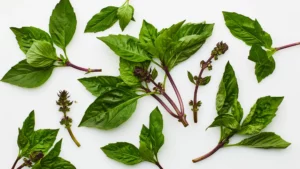
The nature of basil
Basil, with its warm and dry nature, is one of the most widely used herbs in traditional medicine. This aromatic and fragrant plant from the mint family, in addition to being used in cooking, also has many medicinal properties. Traditional medicine experts have long recommended the use of basil to treat some diseases. In this article, we will take a closer look at the properties of basil in traditional medicine.
Eating this vegetable is anti-diabetic, anti-pain, anti-blood pressure and anti-gastric
Properties of basil
Relaxing properties of basil for the nerves
Basil is known as a natural sedative for the nerves. To reduce stress and relieve sadness, you can pour 20 to 50 grams of basil stems with leaves and flowers in a liter of boiling water and brew for 12 minutes. Then smooth and sweeten this brew and drink a cup of it after every meal. This method can help improve general mood and reduce anxiety.
Basil, a natural remedy for headaches
According to the recommendations of traditional medicine, basil is very effective for treating headaches, especially migraine headaches. For the treatment of one-sided headaches (migraines) and nervous headaches, it is recommended to drink an infusion of 50 grams of basil, sweetened with honey, after each meal. Even inhaling the smell of crushed basil can relieve travel headaches.
The beneficial effects of basil in relieving sore throat
Due to its anti-inflammatory and antibacterial properties, basil is very useful in the treatment of throat swelling and colds. Basil seeds are considered a natural softener due to their abundant glaze. To relieve a sore throat, you can take 50 grams of basil sweetened with honey. This drink helps to relieve and improve the symptoms of sore throat.
Asthma treatment with basil
To treat asthma, traditional medicine recommends making a thick decoction of basil and rinsing your mouth with it several times a day. This method can help reduce the symptoms of asthma and improve the functioning of the respiratory system. Regular use of basil decoction, as a complementary treatment, can play an effective role in controlling asthma.
Basil, a natural fever reducer
To reduce fever, there are many recommendations in traditional medicine, one of which is the use of cold decoction of basil. Consuming this decoction during fever can help reduce body temperature and improve the patient’s general condition. With its anti-inflammatory and cooling properties, basil is considered a natural and effective solution to reduce fever.
Basil, anti-heartburn and flatulence
Basil is known as an anti-flatulent herb and is very useful for people with sensitive digestive system. Consuming basil with food can help improve the function of the digestive system and reduce bloating and heartburn. This aromatic plant, with its active compounds, helps to regulate the process of digestion and absorption of food.
Basil, the natural cure for diarrhea
In traditional medicine, eating roasted basil eggs is known as a cure for diarrhea. This traditional method can help reduce the symptoms of diarrhea and improve digestive health. Basil seeds are used as a natural and effective treatment for diarrhea with nutrients and antibacterial properties.
Basil, anti nausea and vomiting
Basil decoction is known as a natural remedy to relieve gastrointestinal congestion and reduce nausea and vomiting. Consuming this decoction can help improve stomach and intestinal function and reduce unpleasant digestive symptoms. With its relaxing and anti-inflammatory properties, basil is used as an effective herb in the treatment of nausea and vomiting.
Cardiovascular health with basil
Basil is rich in beta-carotene and carotenoids and is an excellent source of magnesium. These nutrients fight cholesterol and improve blood flow to the heart and other parts of the body. Regular consumption of basil can help maintain cardiovascular health and prevent heart diseases. Adding basil to your daily diet, as a natural option, can play an important role in improving heart function.
Relieving anemia with basil
Basil is a rich source of iron and is very useful for people who are iron deficient or who are going through puberty. Consuming 2 cups of fresh basil or a tablespoon of dried basil can provide 10% of the body’s daily iron requirement. By including basil in your diet, you can help compensate for lost iron and improve hemoglobin levels in the blood.
A comfortable night’s sleep with Basil
For a good night’s sleep, after a hard day’s work or a heavy meal, you can use a decoction of fresh basil leaves. This decoction helps to relax the body and mind and can improve the quality of your sleep. Regular consumption of this decoction is recommended as a natural way to have a deep and peaceful sleep.
Basil, natural anti-aging
Having many antioxidants, basil can limit the activity of free radicals and prevent damage caused by the passage of time. This fragrant vegetable, with its anti-aging properties, helps maintain the health of cells and skin and prevents premature aging. Regular consumption of basil can help you keep your skin and body young and fresh.

Properties of basil for women
Basil is very useful for women because of its anti-inflammatory and antibacterial properties. Consumption of this plant can help to relieve kidney swelling and reduce femininity secretions. By having active compounds, basil has helped to improve the general health of women and can be used as a natural treatment in various cases.
Treatment of mouth sores with basil
Basil has antimicrobial properties and is effective in treating mouth ulcers and infections. To treat mouth ulcers, you can boil 4 glasses of water and add basil leaves to it. Let the leaves stay in the water for 10 minutes and then store the solution in the refrigerator. Rinse your mouth twice a day with this solution to benefit from the antiseptic properties of basil. This method can help reduce inflammation and heal mouth ulcers faster.
Precautions to use basil during pregnancy
During pregnancy, the consumption of basil should be done with caution due to the stimulating effect of the uterus and the risk of miscarriage. Also, the compound in basil volatile oil (stragal) has mutagenic effects that can be dangerous. Of course, consuming basil in a small amount that is used in eating vegetables does not cause a problem, but it should not be used medicinally or infused. It is better for pregnant women to consult their doctor before taking any herbal medicine.
Recommendations for basil consumption during breastfeeding
Basil consumption is not recommended for nursing mothers due to the minor mutagenic effects found in its straggle. This compound can be transferred to the baby through breast milk and cause risks to the baby’s health. Therefore, it is better to avoid basil during breastfeeding or consult a doctor.
Basil and drug interactions
Due to the lack of sufficient scientific documentation about the medicinal interactions of basil, its use should be done with caution. If you are taking certain medications or have special medical conditions, it is best to consult your doctor before adding basil to your diet.
Restrictions and contraindications of basil
Long-term consumption of basil is prohibited due to the potential carcinogenic effect of the stragal compound. Also, this plant should not be used in children and young children, because its toxic straggle component can be dangerous. In addition, basil is harmful to the brain, and consuming too much of it can cause problems. To benefit from the properties of basil, it is better to consume it in small amounts and with caution.
Summary
Basil, a fragrant and characteristic plant from the mint family, has many healing properties. However, its use during pregnancy and breastfeeding should be done with caution due to its irritant and mutagenic effects. Also, due to the carcinogenic potential of straggle compound, its long-term use is not recommended. To benefit from the properties of basil, it is better to consume it in small quantities and with caution, and if you have any special medical conditions, consult your doctor.
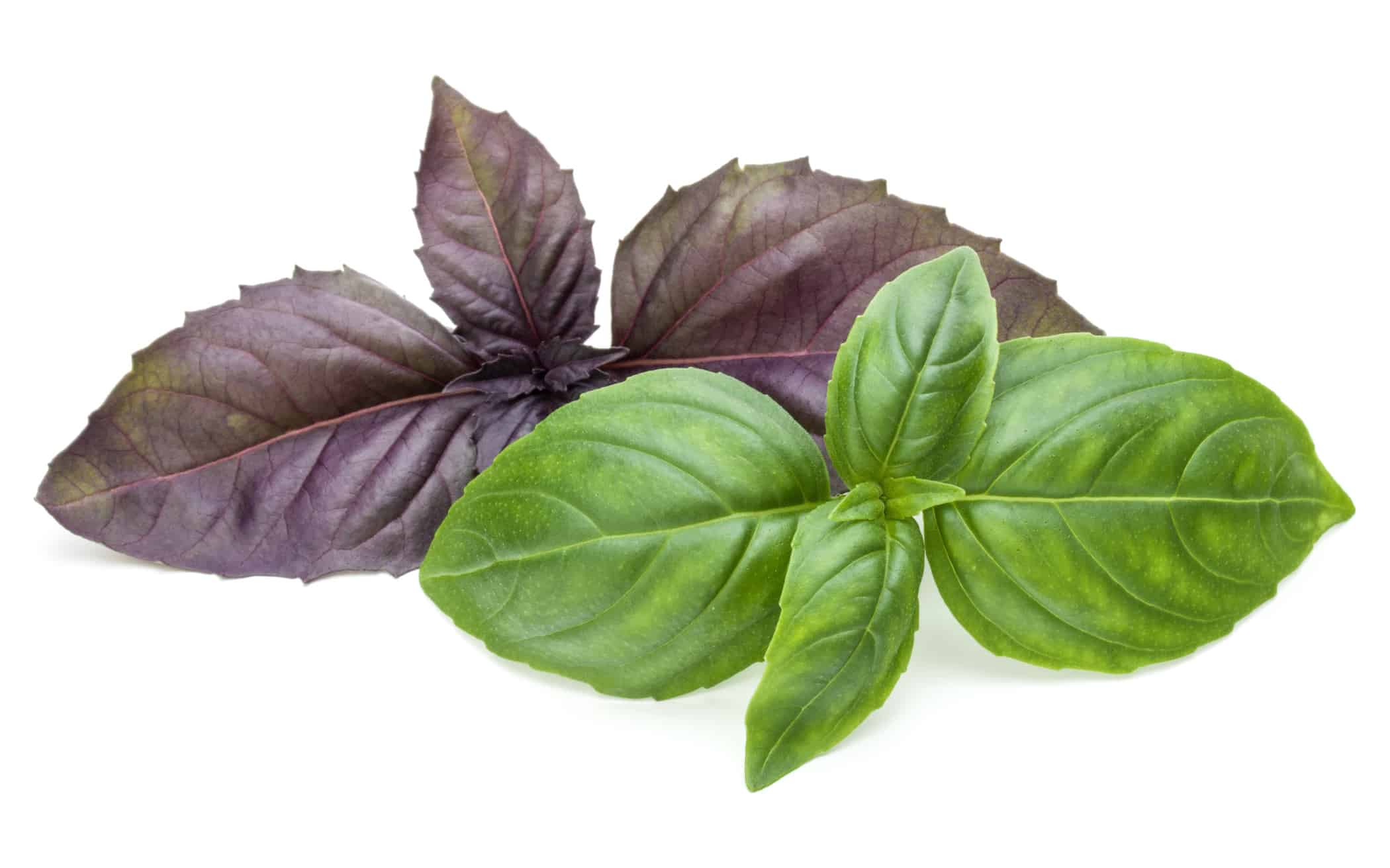
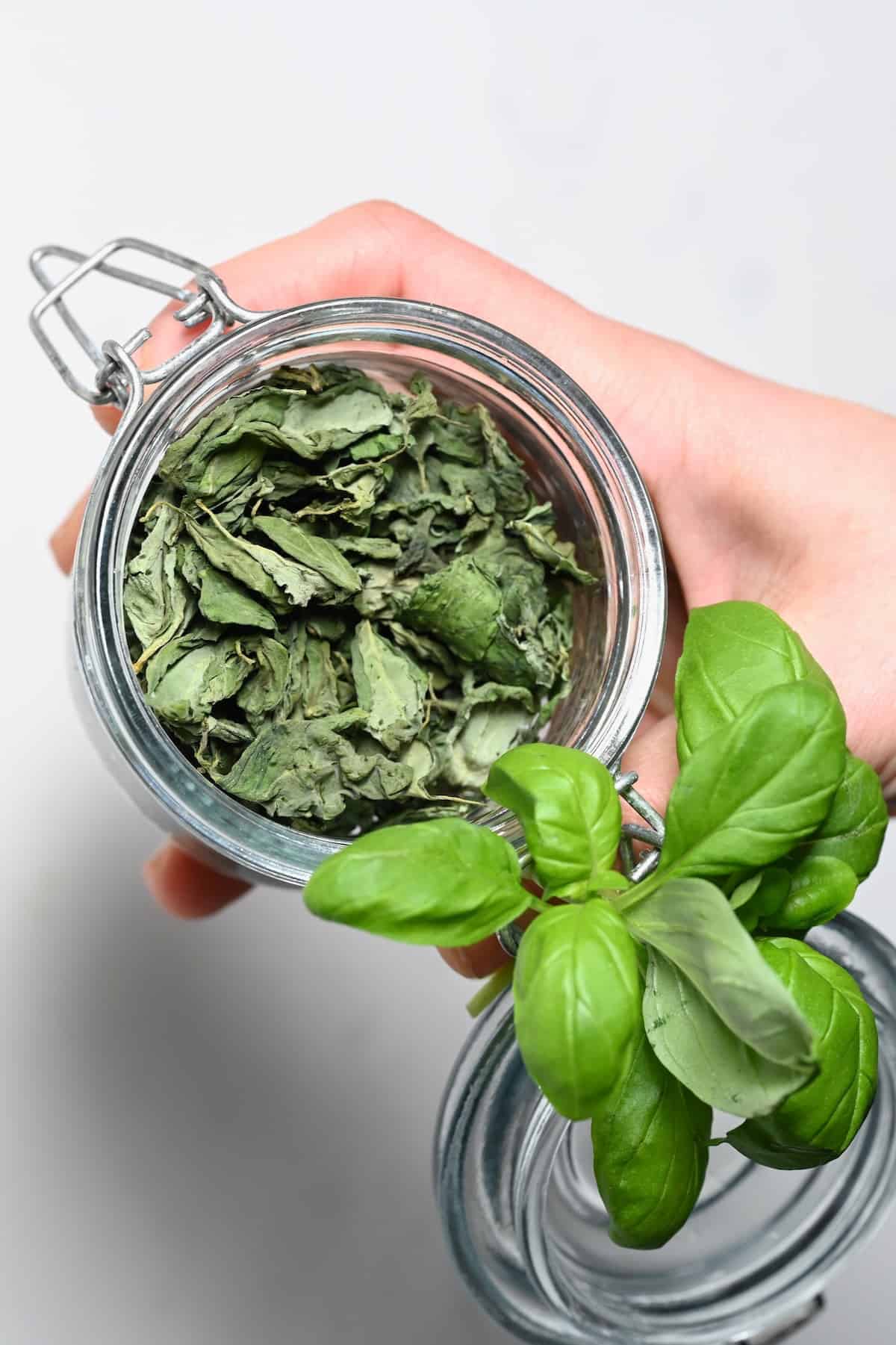
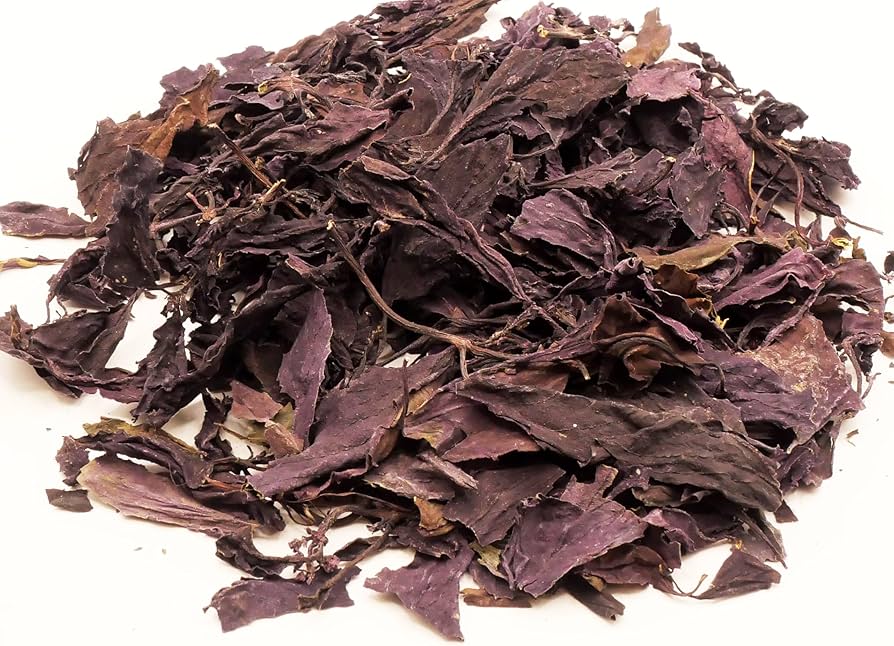

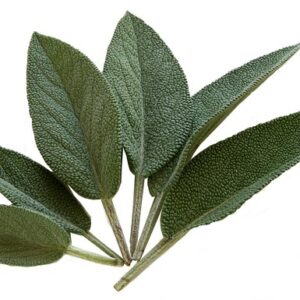
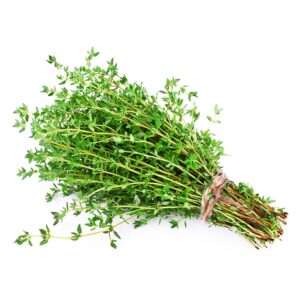

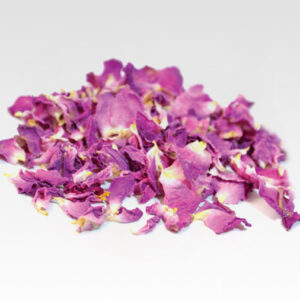
Reviews
There are no reviews yet.